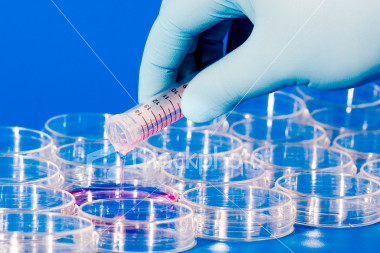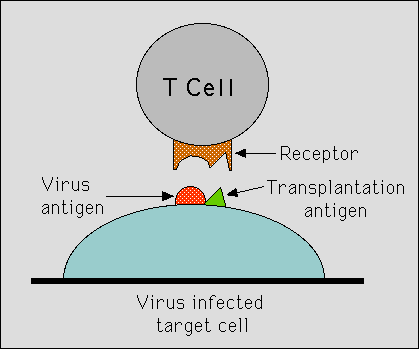Medical biotechnology is vital for the early detection of diseases and the manufacturing of antibiotics. Technicians in this field of biotechnology have been working hard to create such innovations in immunology. Once a drug is produced, it is tested and retested several times to ensure positive treatment for its patients. This provides successful treatment and hope for a possible cure of a certain disease.
The antibiotics made for the human body is essential in fighting disease, but harmful symtoms and overdoses can occur in those who are administered the drug. Patients may experience deep discomfort, hospitilization, and in some severe cases, death.
 | The Department of Immunology and Biotechnology was established in 1991 at the University Medical School of Pécs. Its purpose serves to include independent teaching, a research and development (R&D) unit, and a diagnostic unit. Peter Németh’s research group, which of whom studied in the field of molecular and cellular immunology, began the research and development activities at the university. Between 1981 and 1991, special courses that were held by Peter Németh taught theoretical immunology and immunopathology to any student that was willing to learn. |
In 1996, Nobel Prize in Physiology or Medicine was awarded to Peter C. Doherty and Rolf M. Zinkernagel for their discovery of immune system detection of virus-infected cells. By being able to do so, we now know that the immune system can distinguish the infected cells from the healthy cells.
Doherty and Zinkeragel experimented on T-lymphycytes and infected cells. They concluded that these T-cells were able to destroy the infected cells. A T-cell is a type of blood cell that protects the body from infection. However, in an unexpected discovery, the T-cells did not kill off the infected cells of another strain of an antigen in mice. The problem: these killer T-cells only recognized the infected cells. The immune system has to be able to recognize both the infected and uninfected cells in order for the T-cells to be effective. This discovery lead immunologists one step closer to create more
effective vaccinations. As more discoveries are made, vaccines are becoming more advanced. |  |
Biotechnologists are discovering new ways to administer the drugs, such as wearing skin patches or consuming genetically modified plants. Also, instead of just preventing diseases, forms of vaccines to cure inflammation and/or infections are arising. Combinations of these treatments are being administered as well.
Over the next few decades, advanced versions of vaccines and other immunology drugs are promising to
contain multiple puposes. Hopefully this will lead to a decrease in drug combination, as well as side effects for patients.
Controversies of Vaccines
Critics have constantly questioned the morality, ethics, effectiveness, and safety of vaccinations. Medics argue that the effects of vaccines surpass the rare side effects that the vaccines may cause. However, vaccine critics argue that medics overestimate the effectiveness of vaccines and that clinical research does not support their development. Many political and religious groups have banned the use of this treatment.
Economics
Many
of today's researchers are unmotivated. This is largely due to the
diseases having large impacts that occur in poor countries. Because
research and development departments are expensive to run, these
countries' financial support cannot afford them. Thus, researchers have
little interest in developing vaccines for the diseases: malaria,
tuberculosis, and HIV, which occur in these countries of poverty.